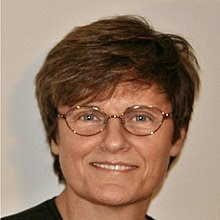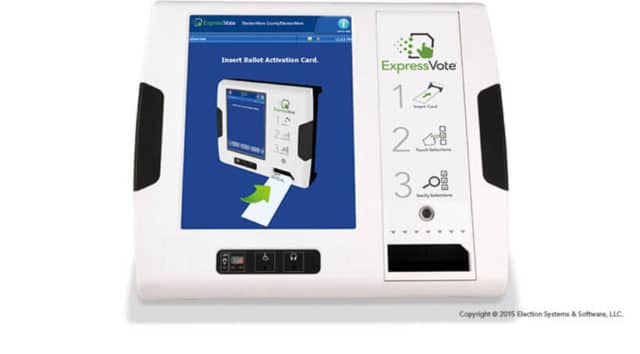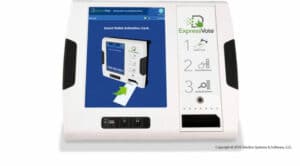In a 2011 New Yorker talk, Malcolm Gladwell described the central role “legitimacy” plays in motivating people. Previously, political theorists had focused on “deterrence theory” that treats people as rational actors who decide whether to follow the law based upon a weighing of the pros and cons of compliance.
Protesting Illegitimate Authority
Gladwell cites NYU Professor Tom Tyler’s work on “legitimacy”, and argues that people will fight to the death and even go on hunger strikes against an authority they feel is illegitimate, despite overwhelming penalties that deterrence theorists assume would be effective.
Gladwell identifies 3 factors in establishing legitimacy:
- Does the authority grant one standing and listen to one’s petitions?
- Is authority administered with neutrality or is there one set of rules for one group and a different system for others?
- Is the system trustworthy — does it follow well-defined rules that are sensible and are not subject to arbitrary change?






